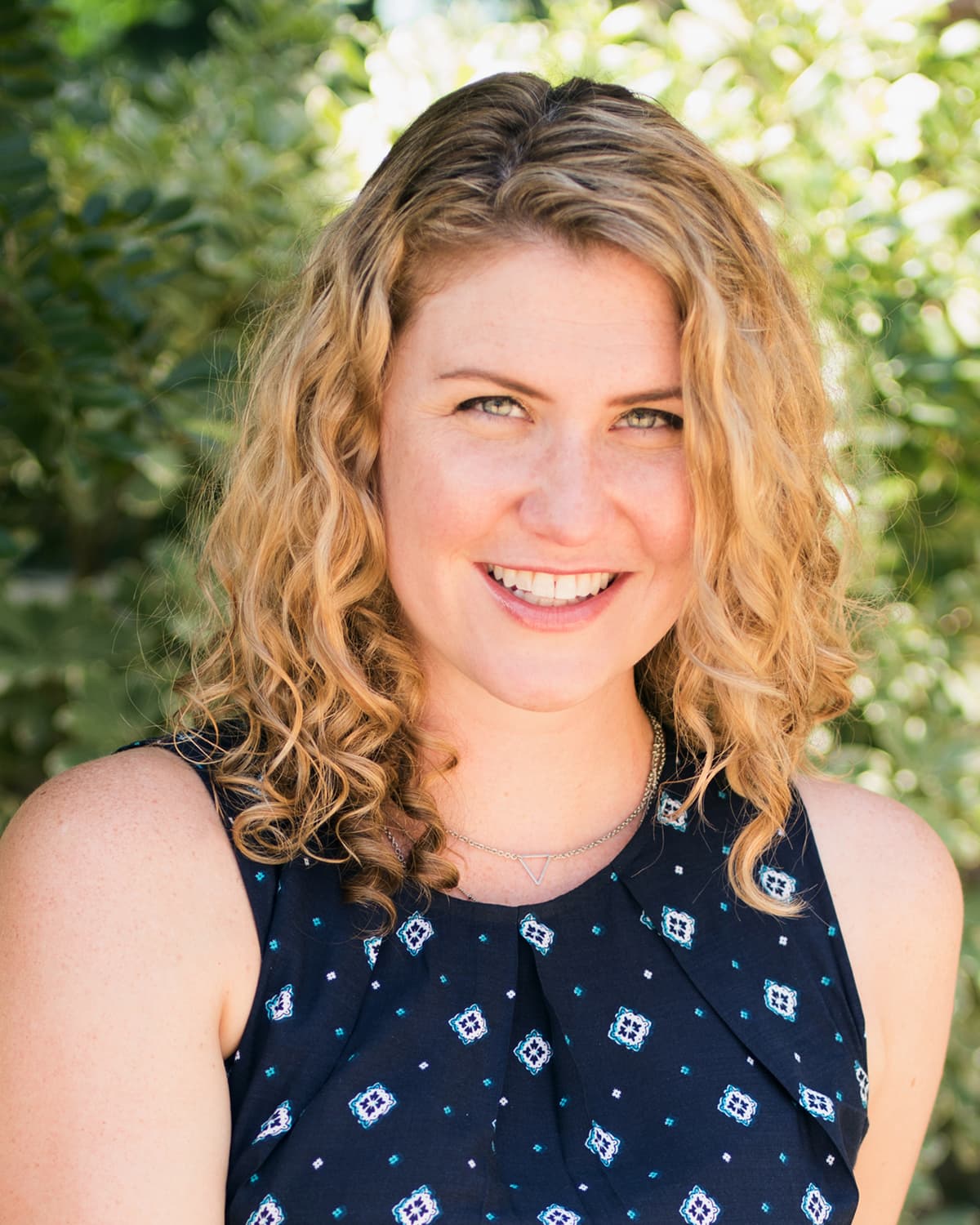Sophia Bera, CEO and founder of Gen Y Planning.
When financial advisor Sophia Bera founded her Austin, Texas-based practice in 2013, she decided to work primarily with millennial clients.
Bera, then 29, wanted to help her peers navigate their early careers and the thorny financial issues, such as managing student debt and buying a first home, that they often encounter.
Other financial advisors who traditionally cater to older clients with more wealth were skeptical she’d succeed. Just 7.5% of financial planners rank millennials as their ideal clients, according to SEI, an asset management company.
But certified financial planner Bera, 36, has built Gen Y Planning into a profitable business with more than 100 clients.
She’s also well-positioned to succeed in a rapidly changing market for financial advice that will likely reward advisors who specialize in a client niche.
“If you’re going to succeed in the business five to 10 years from now, you’ll have to be specialist, not a generalist,” said John Anderson, have of practice management within SEI’s independent advisor solutions group.
Challenges for financial advisors
That’s especially true for advisors at so-called “lifestyle” type firms, which are typically owned and managed by the founder, bear that person’s name and employ fewer than 10 people, Anderson wrote in a joint report published Monday with the Financial Planning Association.
It will become increasingly difficult for those kinds of firms to compete with both larger operations with more resources and some of the more nascent digital advisors charging relatively cheap fees, Anderson said.
Financial advisors will also have more trouble growing their businesses over the next decade than they have in recent years, as the longest U.S. economic expansion in history will likely to come to its end, growth from client referrals wanes and baby boomers shift from saving to spending their assets, the report said.
More from FA Playbook:
Here’s how much bitcoin befits a portfolio
Morgan Stanley debuts client cash accounts
The impact of the Schwab-TD Ameritrade tie-up
Advisors who develop a niche, like millennial clients, can set themselves apart from peers, especially in a digital world that allows advisors to reach clients across the globe, Anderson said.
“Consumers are now flexing their muscle to pick and choose how they want to be serviced,” he said. “You don’t have to settle for the local advisor anymore.”
Yet many financial advisors aren’t planning for the future of their businesses. To that point, 42% keep meaning to make a plan but haven’t gotten around to it, and 18% don’t believe it’s necessary at all, according to the report.
What should advisors do?
The joint report — called Advisory Firms in 2030: Growth by Specialization — highlights five financial advice firms (Bera’s included) that have developed “creative” strategies for specialization and sustainable business growth over the next decade-plus.
Among them are William Harris, CFP and the co-founder of WH Cornerstone, who pivoted to do financial planning for widows; CFP Daniel Zajac, partner at Simone Zajac Wealth Management Group, who specializes in planning for those with equity compensation and stock options; and Mike Alves, CFP and founder of Vida Private Wealth, who does “life planning,” to align a financial plan around achieving life goals, for 15 high-net-worth families.
It’s no longer enough for many advisors to focus solely on investment management, which has largely become a commodity service, Anderson said.
Advisors should explore virtual meetings and different means of communication. That might mean scrapping a multi-page quarterly newsletter and replacing it with a periodic video update posted to an advisor’s website, according to the report.
And it’s imperative for advisors to be flexible with clients and evolve with them.
“Seven years later, my clients are growing up, just like I am,” Bera said. “Now they have more complex tax questions, are making six figures, buying homes, or want to get married and start a family.”
Bera recently revisited old blog posts on her website and deleted ones that were no longer relevant to her customers, who are within 10 years of her age.
“So many things are changing so quickly, so we have to be able to keep evolving and learning,” she said.
